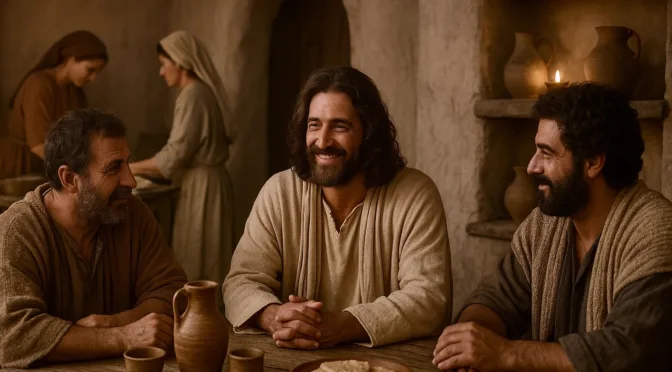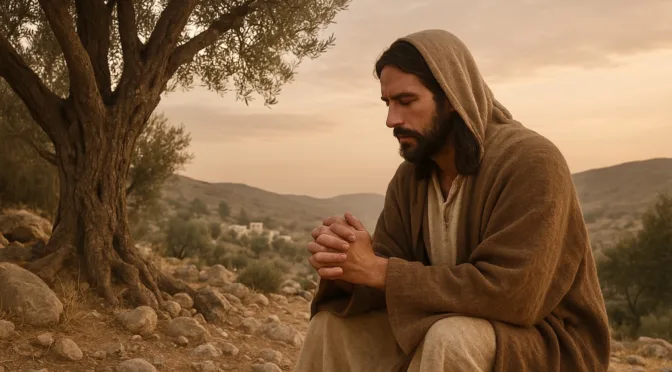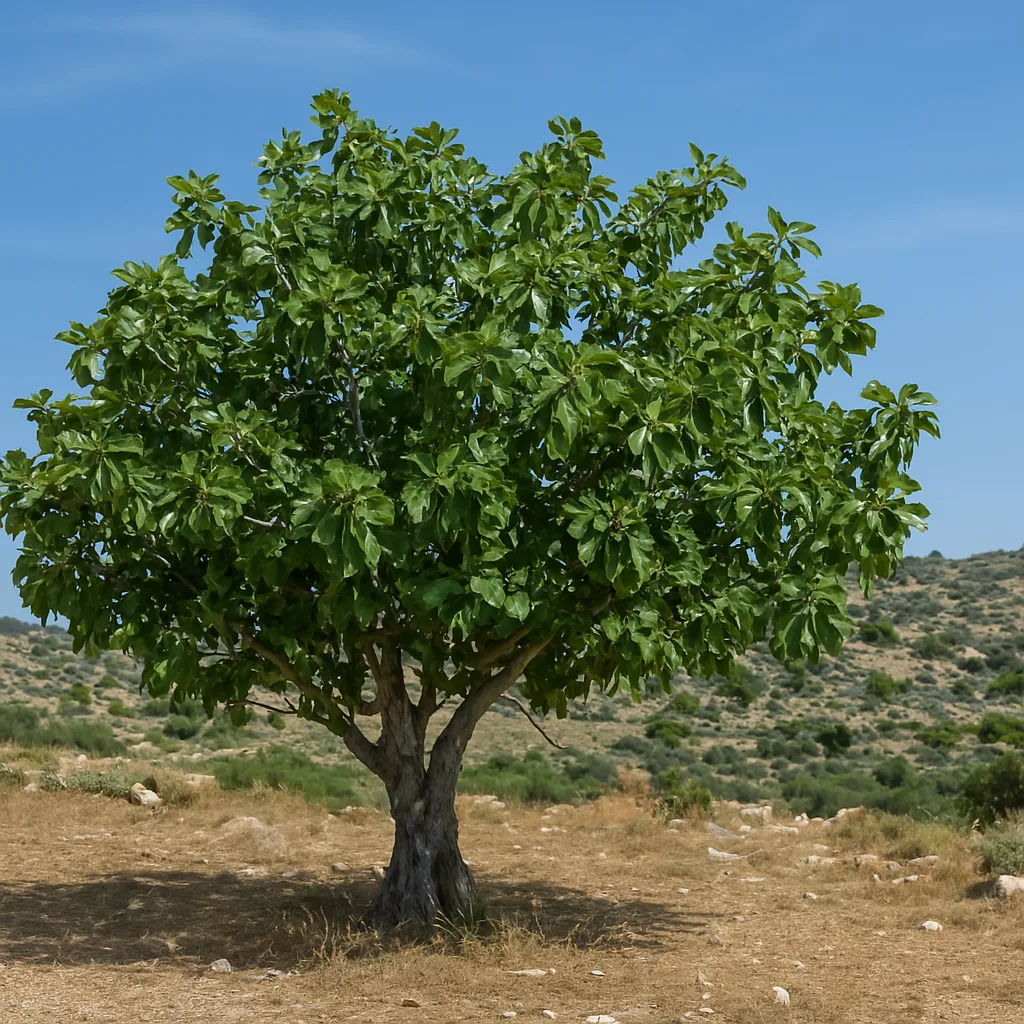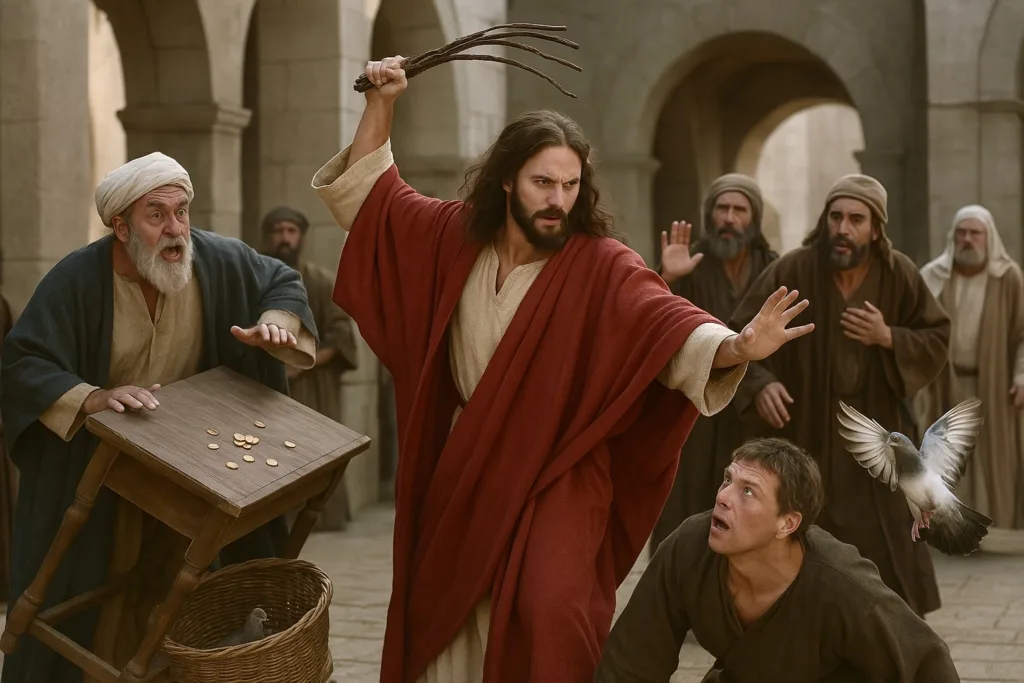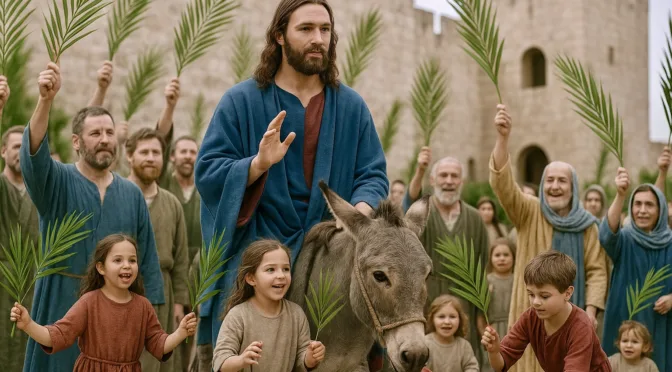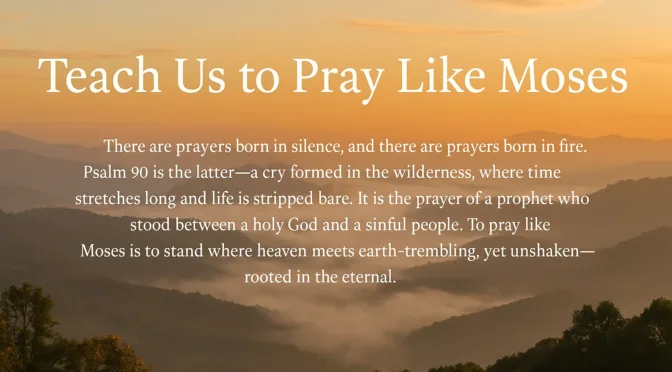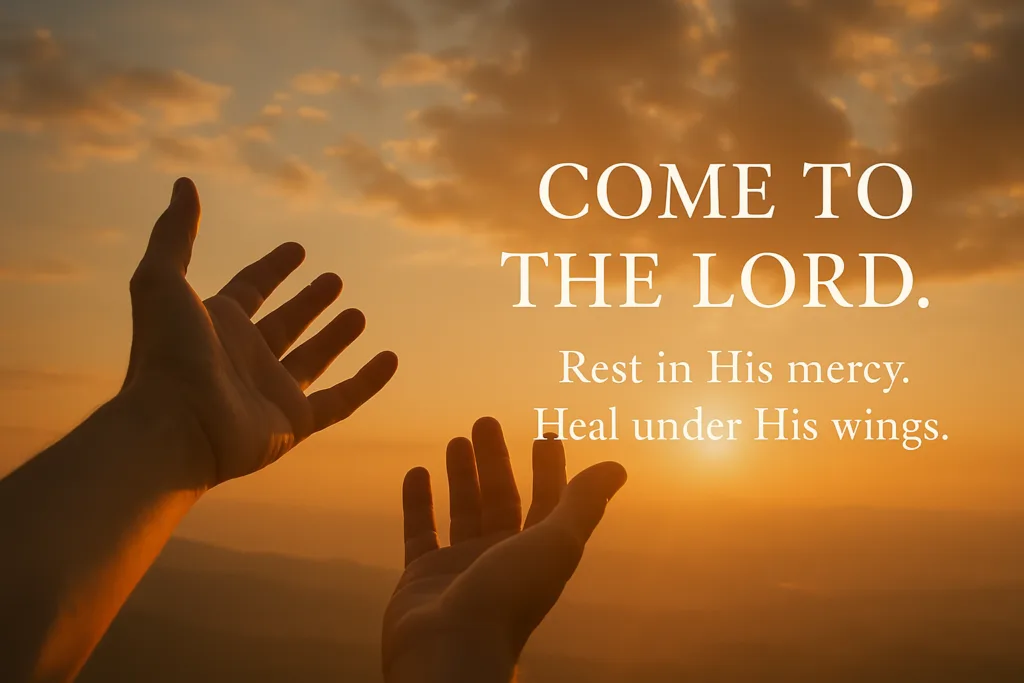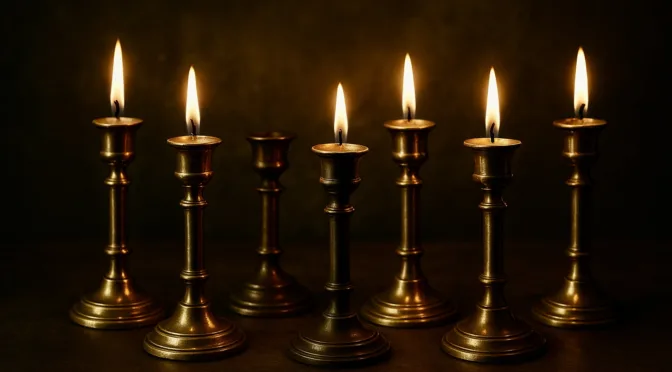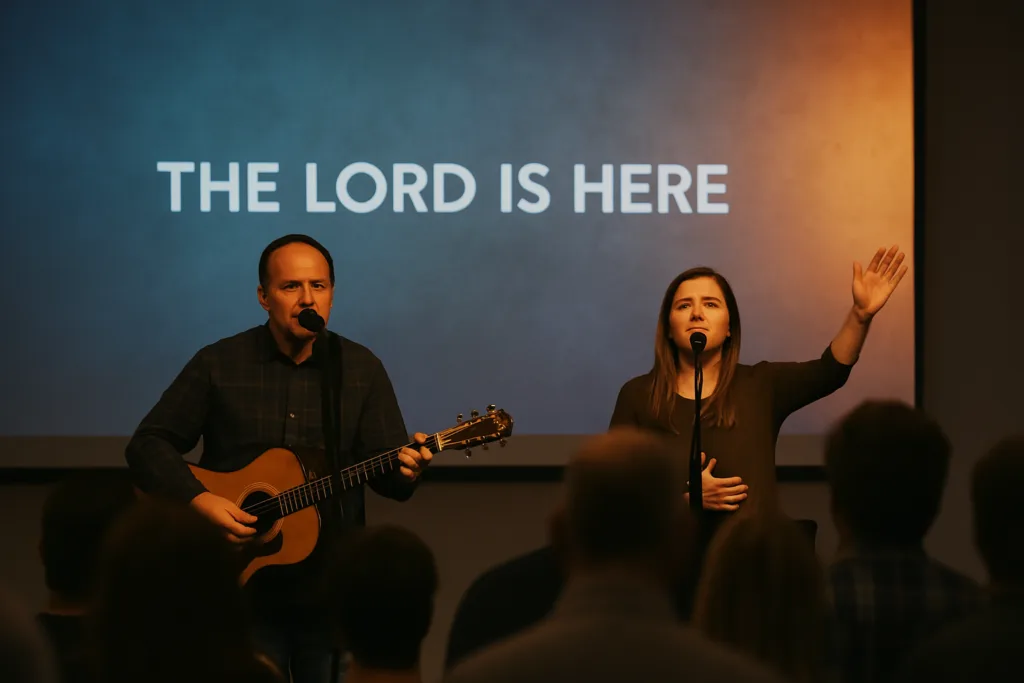“And He left them and went out of the city to Bethany, and spent the night there.” — Matthew 21:17, NASB
As the weight of the world’s sin drew closer to His shoulders, Yeshua did something unexpected.
He walked away.
After a long day of ministry in Jerusalem—cleansing the Temple, healing the blind and lame, teaching with fire, and confronting the religious elite—He didn’t stay in the city to strategize or gather a following. He didn’t perform miracles that night. He didn’t organize defenses against the coming betrayal.
Instead, He returned to Bethany.
“And He left them and went out of the city to Bethany, and spent the night there.” (Matthew 21:17, NASB)
There is no record of teaching that night. No dramatic events. No great signs or wonders. Just rest.
A Place of Refuge
Bethany, a village on the eastern slope of the Mount of Olives, had become a place of refuge for Yeshua. It was the home of Mary, Martha, and Lazarus—people who loved Him deeply and received Him without condition. He had recently raised Lazarus from the dead there (John 11). A supper had been hosted in His honor. Mary had anointed His feet with costly perfume, weeping in worship (John 12:1–8). These were not crowds—these were covenant friends.
And so, the King of Glory, knowing the time of suffering was near, sought shelter in communion.
He wasn’t escaping the cross. He was preparing for it.
He wasn’t retreating in fear. He was abiding in love.
Resting in Bethany
This quiet evening is often skipped in Holy Week reflections. Yet it holds a treasure for those who are willing to pause.
Yeshua chose stillness.
Yeshua chose rest.
Yeshua chose presence.
Before enduring agony, He spent time in peace. Before sweating blood in Gethsemane, He dwelled in the comfort of friends. This wasn’t laziness—it was obedient stillness. This was the posture of trust.
“Be still, and know that I am God.” (Psalm 46:10, NASB)
“In repentance and rest you will be saved, in quietness and trust is your strength.” (Isaiah 30:15, NASB)
We are not stronger than our Savior. If He needed rest, so do we. If He withdrew to be with those who honored the presence of God, so should we.
Application for Today
How often do we walk into battles without stopping in Bethany?
How many times have we tried to carry tomorrow’s cross with today’s strength?
We live in a culture that glorifies motion—more work, more action, more content, more noise. But God doesn’t anoint noise. He anoints nearness. He empowers those who kneel before Him. He strengthens those who rest at His feet.
Bethany teaches us that we don’t fight spiritual battles by charging ahead—we win them by abiding first.
So where is your Bethany?
Who are your Marys and Marthas—those who help you press into God’s presence?
Are you resting before you’re running?
Or striving before you’re still?
⸻
In stillness You waited, O Lord of Light,
Where the faithful whispered and lamps burned bright.
No throne, no crowd, no crown of acclaim—
Just love in the shadows, and peace in Your name.
⸻
Prayer
Father, teach me to return to Bethany.
When pressure rises and battles loom, call me into stillness. Let me sit at Your feet like Mary. Let me serve in love like Martha. Let me believe like Lazarus, who once lay dead but now lives by Your word.
I do not want to run ahead of You—I want to rest in You. I want to hear Your heartbeat before I face the cross You’ve called me to carry.
Help me become a person of Your presence.
In the name of Yeshua, my Rest and my Redeemer,
Amen.
⸻

